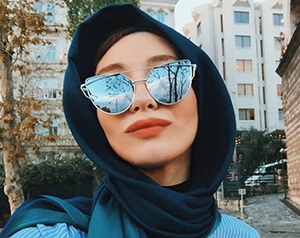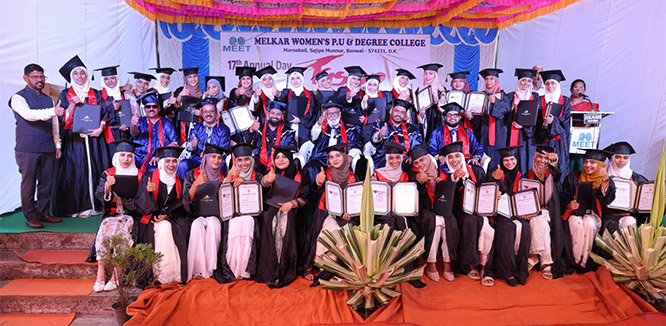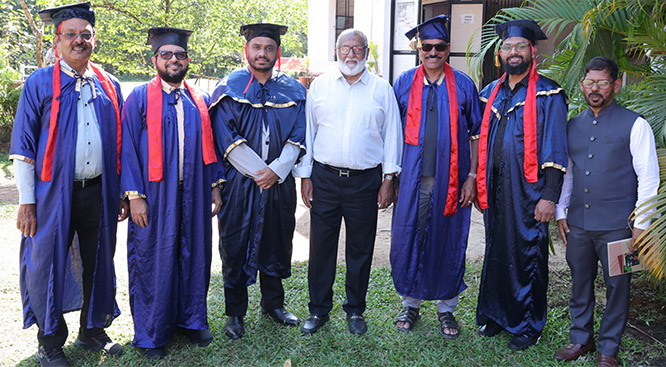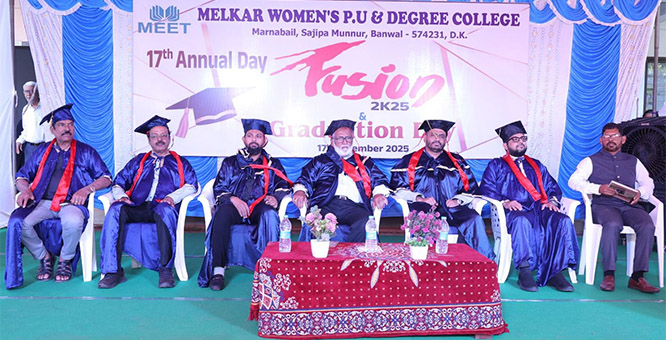Vienna, Apr 30: Austrian President Alexander Van der Bellen’s statement calling for all women to wear headscarves in solidarity with Muslims to fight rampant Islamophobia has evoked mixed reaction.

While European rightists have criticized him for his support for woman’s right to wear an Islamic headscarf others in many parts of the world have welcomed his opinion as a move to bolster trust and confidence.
Speaking to students at the House of the European Union in Vienna on March 24, Van der Bellen said that it is his opinion that women have a right to dress however they want.
“If Islamophobia continues to spread . . . the day will come when we will have to ask all women to wear headscarves,” Van der Bellen said, according to video footage of the event. “All of them, in solidarity with those who [wear them] for religious reasons.”
Van der Bellen was responding to a question from a schoolgirl who argued a ban on Islamic headscarves or veils would reduce women to their appearance, rather than accomplishments, and shut some out of the labour market.
Van der Bellen’s comments were little noticed last month but came to prominence after they were included in a segment aired Tuesday by the Austrian Broadcasting Corp. (ORF).
The Austrian president seems to have been surprised by the scandal. “We should be happy if we don›t have bigger problems than the question of the headscarf,” he told reporters during a visit to Slovakia this week. “I am not a friend of the headscarf, but there is freedom of expression in Austria.”
In a statement posted to his Facebook page, the president’s office attempted to explain the context of his statement, noting that a student had asked about whether a ban on headscarves would shut some women out of the labor market.
The president was talking about “the stigma of headscarved women,” the statement said.
Support for bans on full-face veils has been growing across Europe since France became the first country to implement such a law in 2011, followed by countries including Belgium and Bulgaria, with partial bans being imposed in Austria and parts of Spain, Italy and Switzerland.








Comments
Add new comment